Niger : Stakes Of The Coup d’Etat
- Par Eldickson Agbortogo
- 18 Aug 2023 12:51
- 0 Likes
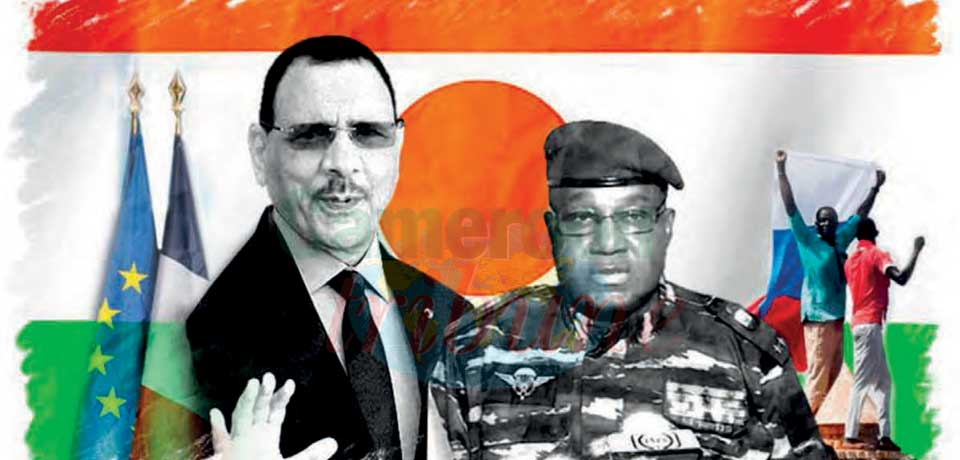
Nearly a month after the July 26 coup, no one can say with certainty what would be the outcome of the current stand-off between the regional bloc and the military junta.
Is Niger fast becoming a new war theatre after Ukraine? The question might sound funny but requires some pertinent answers. Since the announcement of the overthrow of President Mohamed Bazoum on July 26, 2023, stakeholders in the African continent and beyond are divided on what measures to take. A handful of the stakeholders (Mali, Burkina Faso and Guinea Conakry) see the overthrow of the democratically elected government of President Bazoum as a welcome “August Gift” to the people of Niger. Others like the Economic Community of West African States (ECOWAS), European Union, France and the United States have condemned the coup and thrown their support behind any measures to restore democracy in Niamey, even if through military force.
But beyond all the condemnation and support declarations lies a game of interest. It is no secret that President Bazoum who took power on April 2, 2021 is an ally of Western nations. Apart from working-hand-in-glove with some European nations to block the inflow of migrants and human traffickers at key transit points between West and North Africa, Mr Bazoum is noted to be one of the major caretakers of foreign interests in the continent. Because of his clear-cut intransigent position, the Nigerien army a few weeks ago decided to oust his government, citing the deterioration of the security situation and the “poor economic and social governance” in the country.
Since the putting in place of the National Council for the Safeguard of the Fatherland (CNSP), under the leadership of Abdourahamane Tchiani (former head of the presidential guard), several efforts have been made for the country to return to constitutional order. One of the stakeholders at the forefront is the ECOWAS. Despite an ultimatum by the economic bloc for the junta to hand over power to the democratically elect government, the leaders who have not excluded the possibility of using force, have multiplied measures. Though two of their envoys, former Nigerian President, Abdulsalami Abubakar and Muhammadu Abubakar, the Sultan of Sokoto, failed to meet the head of the country’s military junta, the bloc has not relented her efforts to create other avenues for dialogue. After authorizing religious leaders to meet the junta during which the junta leader d...
Cet article complet est réservé aux abonnés
Déjà abonné ? Identifiez-vous >
Accédez en illimité à Cameroon Tribune Digital à partir de 26250 FCFA
Je M'abonne1 minute suffit pour vous abonner à Cameroon Tribune Digital !
- Votre numéro spécial cameroon-tribune en version numérique
- Des encarts
- Des appels d'offres exclusives
- D'avant-première (accès 24h avant la publication)
- Des éditions consultables sur tous supports (smartphone, tablettes, PC)






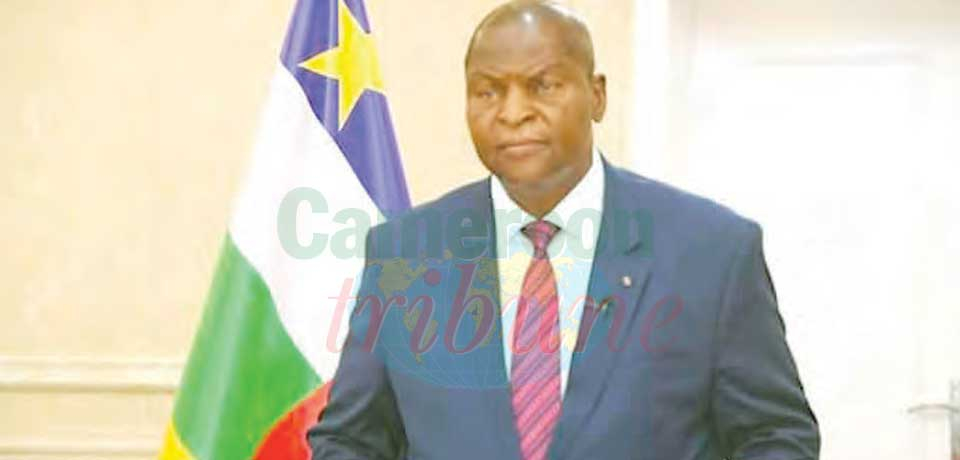
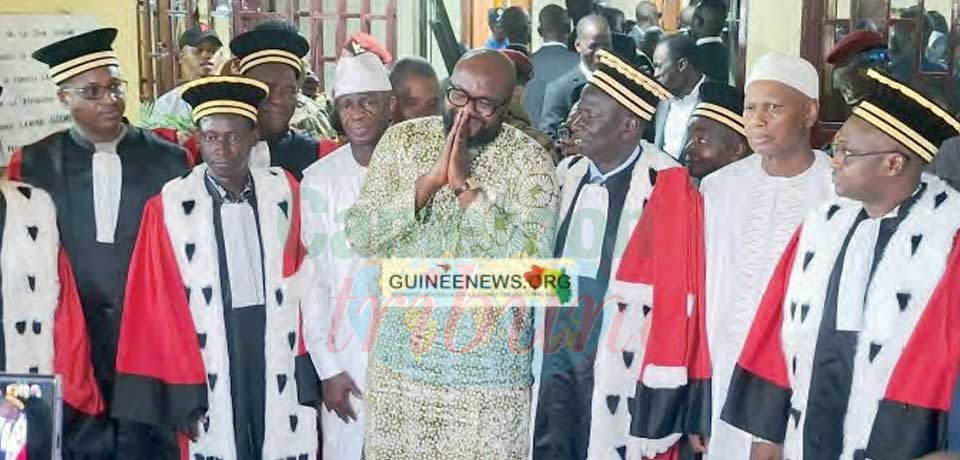
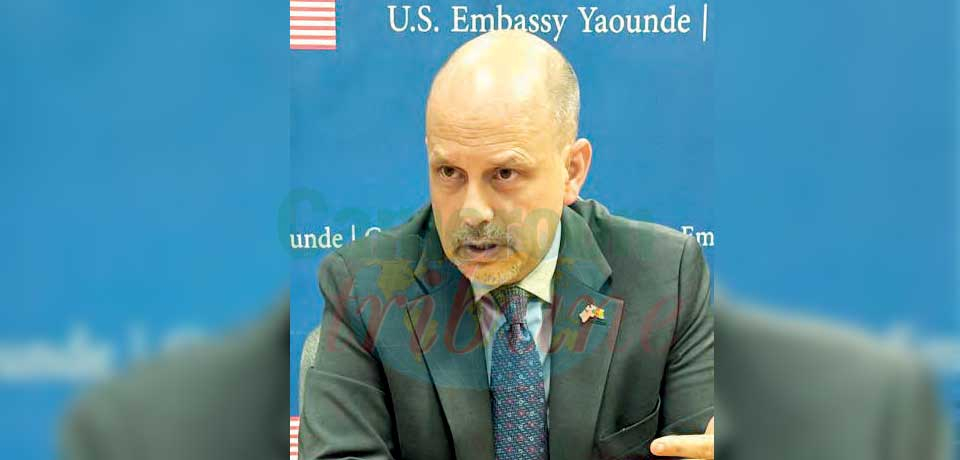
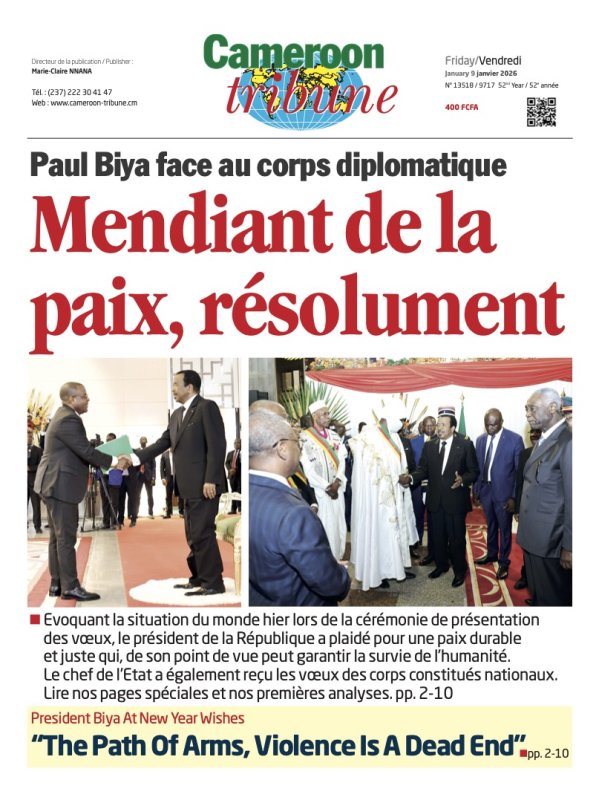




Commentaires